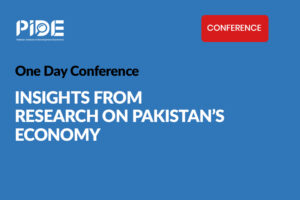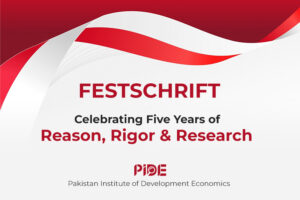Pakistan has been in financial trouble well before the start of the pandemic, relying heavily on loans to keep the fragile economy afloat, and now Covid-19 has added immense pressure. Pakistan’s weak health infrastructure has also imposed a tremendous burden on the government to respond effectively to the health crisis. More than the virus itself, the greater danger Pakistan faces is unemployment and hunger. The State Bank of Pakistan expects the economy to contract 1.5 percent this year. Widespread lockdowns are affecting the world’s economy in technology, finance and trade. Government assumes the most pessimistic scenario that covid-19 is not going anywhere till March 2021 which is the worst case. According to the growth projection by M. Nasir, the economy will contract further, projected tax revenue would be 11.7 percent and the deficit would be around 10.4 percent. Inflation would be in between 6 percent to 9 percent due to the decrease in aggregate demand. There would be an increase in remittance but if the global slowdown continues, we could see a decrease in our remittances which will affect our trade balance. It will also increase poverty and unemployment. Crucially, everything depends on the policy actions that we take now.







